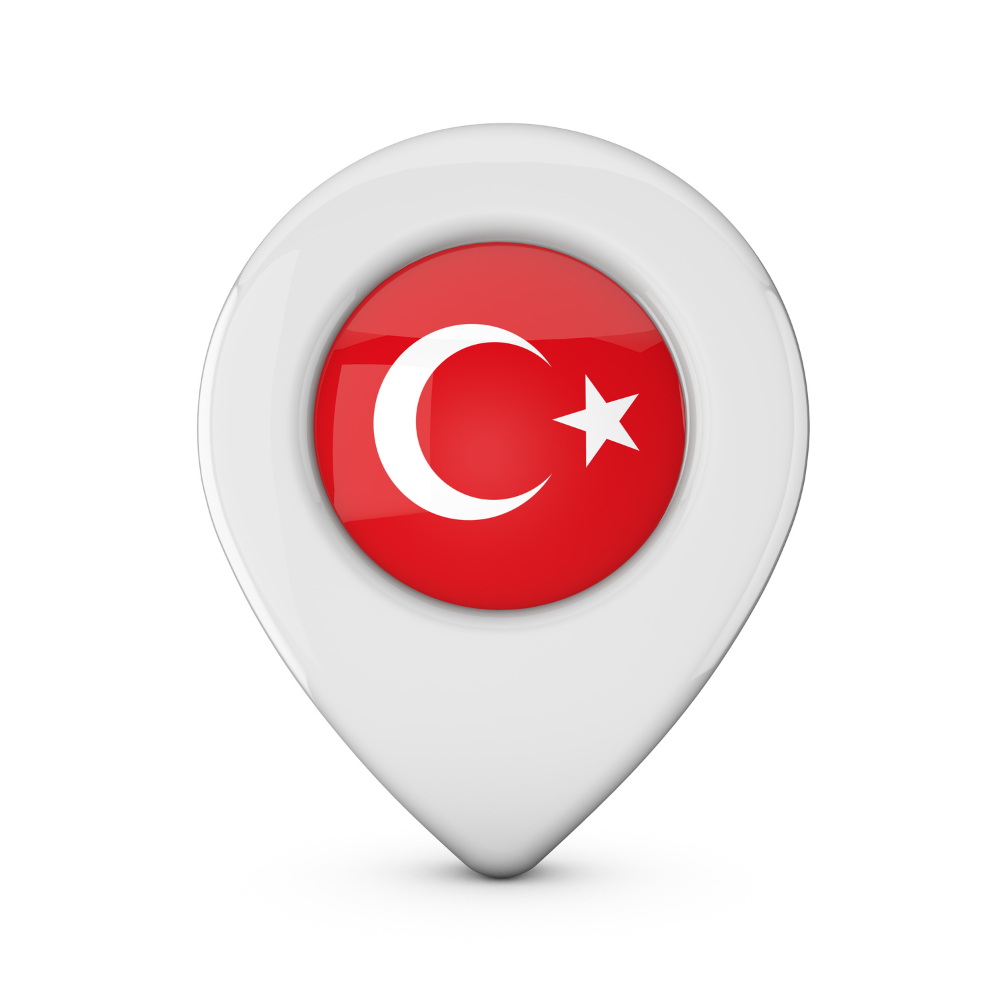
More than 20,000 people have been confirmed dead as a result of Monday's earthquakes in Turkey and Syria, but the United Nations warns that the disaster's full scope remains unknown. Thursday, officials reported that 17,600 people had died in Turkey and at least 3,377 in Syria. The death toll exceeds the more than 17,000 fatalities caused by a similar earthquake in northwest Turkey in 1999. As a result of the earthquakes, tens of thousands of people in Turkey and Syria are spending their fourth night in makeshift shelters to escape the freezing temperatures. The rubbles are still being searched for survivors. However, the hopes are fading as it has been almost 100 hours since the earthquake. Thousands of survivors who are currently without shelter, water, and food are at risk of freezing to death. The earthquake was referred to as the disaster of the century by the Turkish president.
An extensive international relief effort is gaining momentum. Thursday, the World Bank pledged $1.78 billion in aid to Turkey, including immediate funding for the reconstruction of basic infrastructure and assistance for earthquake victims. However, the efforts of 100,000 or more rescue personnel on the ground are hampered by a number of logistical obstacles, such as a lack of vehicles and severely damaged roads. Antonio Guterres, the head of the United Nations, warned that the full extent of the disaster was still "unfolding before our eyes," particularly in Syria, where a protracted civil war has devastated the country.
The first UN humanitarian assistance entered northwestern Syria through the Bab al-Hawa crossing in Idlib on Thursday. The crossing is the only way for UN aid to reach the region without passing through territory governed by the Syrian government. Mr. Guterres assured that more aid was on the way and urged the UN Security Council to permit the delivery of supplies through multiple border crossings. Mr. Guterres also mentioned that this was a time for unity and not for partisanship or division as it was clear that Turkey needed enormous support. Munira Mohammad, a mother of four who fled Aleppo following the earthquake, told Reuters that her family was in dire need of heating and additional supplies, stating that they were unable to sleep the previous night as it was unbearably cold.
The White Helmets rescue organization reported that the lone UN convoy to reach the region lacked the specialized equipment necessary to free people trapped beneath the rubble. The organization wrote on Twitter that they were extremely disappointed about the lack of specialized equipment, especially at a time when they are in need of it to help save lives buried beneath the rubble. The World Health Organization (WHO) has warned that a second humanitarian catastrophe will occur if survivors do not receive shelter, food, water, and medicine "very quickly." Dr. Hans Kluge, WHO’s Regional Director for Europe, told sources that the organization’s staff in Gaziantep, Turkey would have to sleep in cars as there are still hundreds and hundreds of aftershocks.



